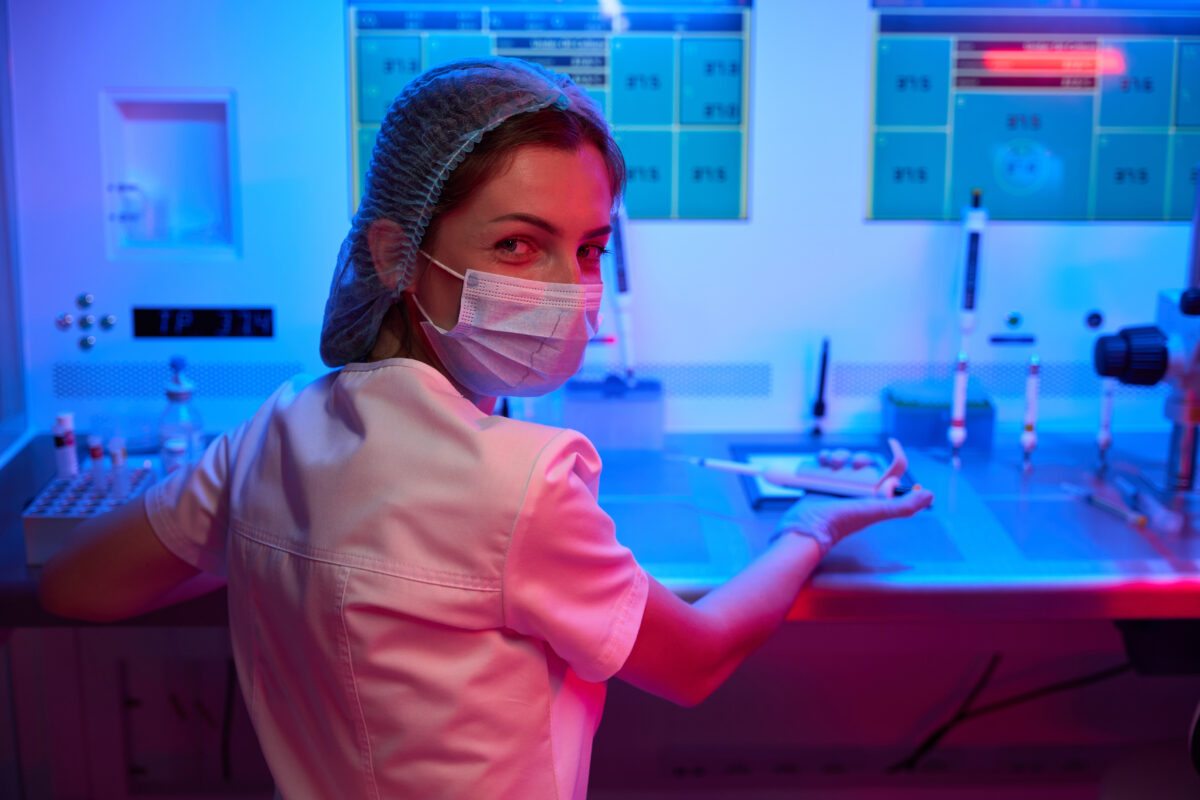Women are born with the eggs that we are going to use throughout our lives, these eggs do not divide and do have a natural process of sequential loss over time.
We know that we are born with 2-3 million eggs and when we have our first period we have only 400,000 approx., without having ovulated the first, therefore, the loss of eggs inside our ovaries is not something like 1 egg a month if it is not lost it is much more a month.
Our ovary chooses a group of follicles each month, it is more before the period arrives, which is the beginning of the menstrual cycle, the ovary has already chosen this pool of potential eggs to start its stimulation, but during the ovarian cycle only one chosen will come out and the rest will go to a programmed death.
We do not have an exact method to measure how many eggs are left in our ovary, however, we have the ANTI-MULLERIAN HORMONE (AMH) which is produced by cells inside the follicle called granulosa cells that are the ones that surround the egg. We know that the number of granulosa cells is stable per active ovarian follicle and, therefore, the higher the amount of AMH, the better the ovarian reserve and the lower the AMH, the fewer potential eggs.
However, it is important to associate it with another marker, this is the ANTRAL FOLLICLE COUNT (AFC), this examination is performed by ultrasound with a person who is an expert in doing it. It is to look at how many potential follicles there are this month in each of the ovaries. In this way we can associate this number with the measurement of the AMH level and have a better idea of having an ADEQUATE follicular reserve, it is DECREASING, or it is DECREASING.
Therefore, the OVARIAN RESERVE is the number of eggs that we have remaining in our ovary associated with their QUALITY.
We don’t have a test to measure the quality of these eggs, and therefore age, is the best marker we have of quality.
It is important to have a fertility expert take care of interpreting your AMH, AFC and other factors such as age, background, so that your treatment and approach is unique to you.




